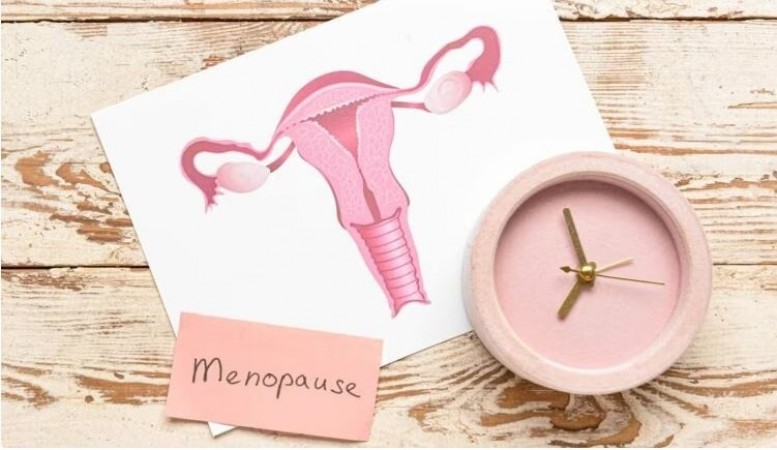
Menopause is a natural and inevitable phase in a woman's life, marking the end of her reproductive years. While it is a universal experience, each woman's journey through menopause is unique. This transition can bring about a range of physical and emotional changes, but with the right knowledge and strategies, it is possible to manage its symptoms and maintain overall health. In this article, we will explore various aspects of menopause and offer tips to help women navigate this transformative period with grace and vitality.
Understanding Menopause
Menopause typically occurs between the ages of 45 and 55, with the average age being around 51. It is defined as the cessation of menstruation for at least 12 consecutive months. This transition is a result of the natural decline in reproductive hormones, primarily estrogen and progesterone, which play key roles in a woman's menstrual cycle and overall health.
Common Symptoms of Menopause
Menopause can bring about a variety of symptoms, some of which can be challenging. Common symptoms include:
Hot Flashes: Sudden feelings of intense heat, often accompanied by sweating and a rapid heartbeat.
Night Sweats: Hot flashes that occur during sleep, leading to disrupted sleep patterns.
Mood Swings: Hormonal fluctuations can cause mood swings, irritability, and increased susceptibility to stress and anxiety.
Vaginal Dryness: Decreased estrogen levels can result in vaginal dryness, leading to discomfort and pain during intercourse.
Changes in Libido: Some women experience a decreased sex drive during menopause.
Weight Gain: Hormonal changes can make it easier to gain weight, particularly around the abdominal area.
Bone Health: Decreased estrogen levels can also lead to a higher risk of osteoporosis, a condition characterized by brittle bones.
Tips for Managing Menopausal Symptoms
1. Hormone Replacement Therapy (HRT)
Hormone replacement therapy involves replacing the hormones your body is no longer producing in sufficient quantities. It can effectively alleviate many menopausal symptoms. However, it's essential to discuss the potential risks and benefits with your healthcare provider, as HRT may not be suitable for everyone.
2. Lifestyle Changes
Making healthy lifestyle choices can significantly impact your menopausal experience:
Diet: A well-balanced diet rich in fruits, vegetables, whole grains, and lean proteins can help manage weight and promote overall health.
Exercise: Regular physical activity can reduce the risk of weight gain, strengthen bones, and alleviate mood swings.
Stress Management: Practices like yoga, meditation, and deep breathing exercises can help reduce stress and improve emotional well-being.
3. Supportive Supplements
Some women find relief from specific supplements, such as calcium and vitamin D for bone health, and black cohosh for hot flashes. Always consult with your healthcare provider before taking any supplements.
4. Vaginal Health
If you experience vaginal dryness or discomfort, talk to your healthcare provider about lubricants, moisturizers, or prescription treatments that can alleviate these symptoms and improve your sexual health.
5. Emotional Well-being
The emotional changes that accompany menopause can be challenging. Seek support from friends, family, or a therapist to help manage mood swings and anxiety. Joining a menopause support group can also provide a sense of community and shared experiences.
The Importance of Regular Check-ups
Regular visits to your healthcare provider are essential during menopause. These check-ups can help monitor your overall health and assess any potential risks, such as osteoporosis or heart disease, which may become more prevalent after menopause.
Menopause is a natural phase of life that can be navigated with grace and resilience. By understanding the changes your body is undergoing and implementing the strategies mentioned above, you can manage symptoms, maintain your overall health, and embrace this new chapter with confidence and vitality. Remember that every woman's menopausal journey is unique, so consult with your healthcare provider to develop a personalized plan that suits your specific needs and goals. With the right support and self-care, menopause can be a time of empowerment and growth.